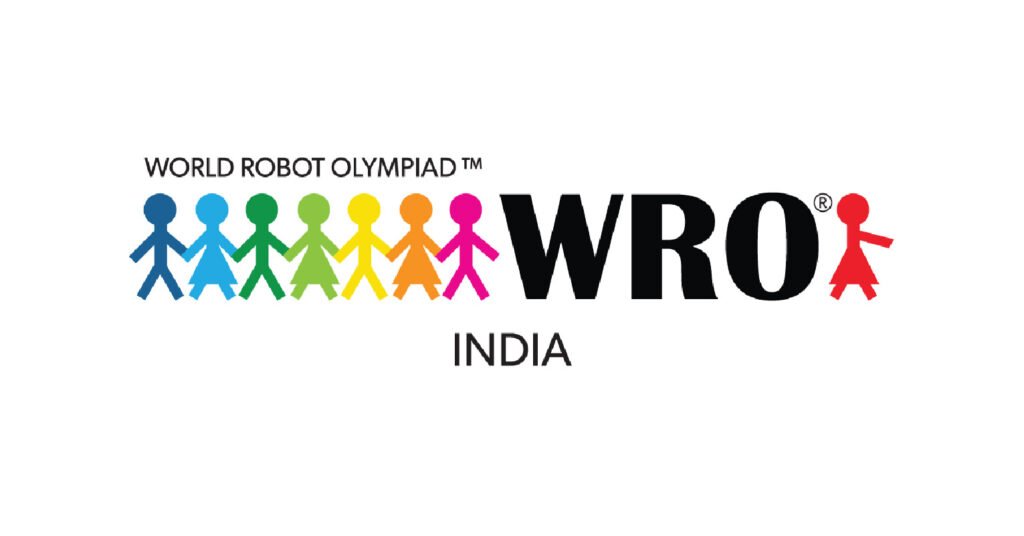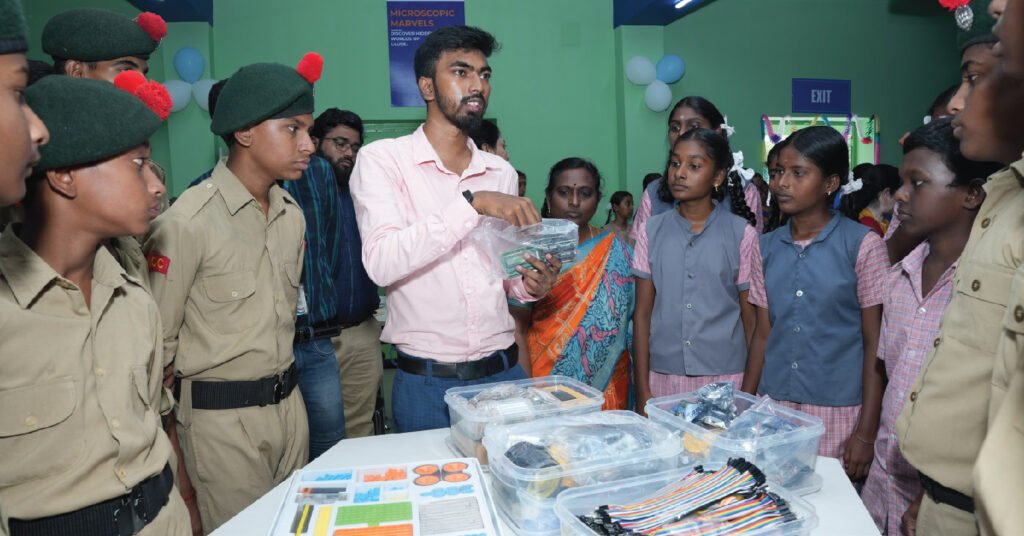STEM education has emerged as a cornerstone of modern pedagogy, equipping students with the analytical acumen and technical dexterity required to thrive in an innovation-driven world. However, the efficacy of STEM instruction is intrinsically linked to the proficiency of educators who deliver it. This is where STEM teacher training assumes paramount significance, transforming conventional teaching[…]
As the financial year draws to a close, many companies find themselves with unspent CSR funds that need to be effectively allocated to meet the CSR Act compliance requirements. Rather than rushing into last-minute expenditures, companies can make meaningful, stretch-free investments in CSR programs that create lasting impact. Imagine a community facing an urgent crisis.[…]
The STEMWorks Conclave 2025 concluded on a high note, bringing together educators, industry leaders, and innovators to discuss groundbreaking ideas in STEM education. Hosted by India STEM Foundation, this year’s conclave provided an engaging platform for sharing knowledge, experiences, and strategies to transform STEM learning into a more accessible, inclusive, and practical domain. Inspiring Keynote[…]
Corporate Social Responsibility (CSR) in India has grown substantially since the 2013 Companies Act mandated certain firms to spend 2% of their net profit on social initiatives. In FY 2020-21, CSR spending reached ₹24,865 crore ($3.3 billion), with education, healthcare, and rural development receiving the most funding. Education alone accounted for 30-38% of this spending,[…]
ATAL Tinkering Lab: Meaning, Importance, and Project Idea Introduction to ATAL Tinkering Lab The Atal Tinkering Labs, an initiative under the Atal Innovation Mission (AIM) by the Government of India, aim to foster innovation and creativity among students by providing them with state-of-the-art tools and an enabling environment. As of December 2024, the government has[…]
Learning by Practice: The Role of Practical Machine Learning in STEM Education Introduction to Machine Learning and Robotics in STEM Machine learning and robotics are revolutionizing STEM education by integrating cutting-edge technology into practical learning. Machine learning, a subset of artificial intelligence, allows systems to learn from data and improve over time, while robotics applies[…]
Advantages of STEM Education: Preparing Students for the Future Introduction to STEM Education STEM Education refers to the integrated teaching of Science, Technology, Engineering, and Mathematics. It emphasizes problem-solving, critical thinking, and innovation, preparing students for the challenges of the modern world. In India, the importance of STEM education has grown significantly. According to the[…]
As we step into 2025, we’re filled with excitement and anticipation for another incredible year of innovation, learning, and collaboration. We wish you and your loved ones a joyful, prosperous, and inspiring New Year. Let this year be a celebration of young minds pushing the boundaries of technology and creativity! And what better way to[…]
In today’s rapidly evolving world, STEM (Science, Technology, Engineering, and Mathematics) education has emerged as a cornerstone of academic and professional success. This article delves into the significance of STEM education in preparing students for the challenges and opportunities of the 21st century. Understanding STEM Education STEM education integrates the four disciplines of science, technology,[…]
The way that jobs are completed across industries is being revolutionized by automation and artificial intelligence (AI), which is changing the global workforce. While artificial intelligence (AI) refers to the emulation of human intellect in computers, allowing them to learn, adapt, and make decisions, automation is the use of machines or software to carry out[…]






